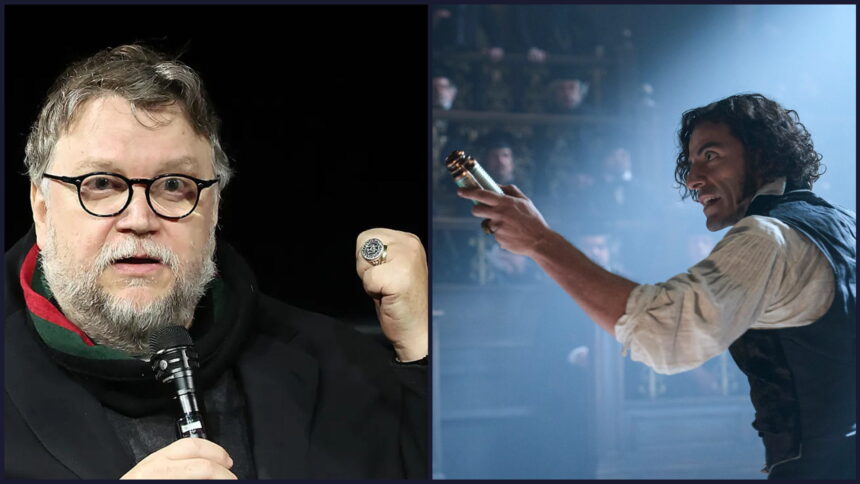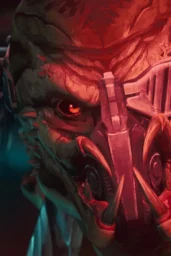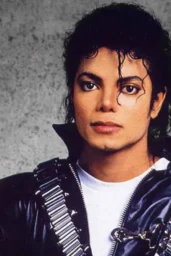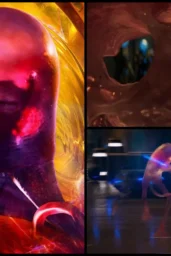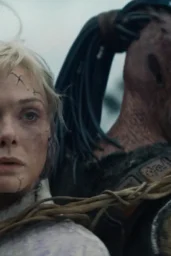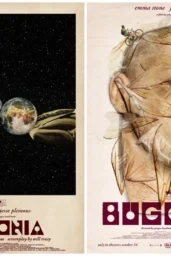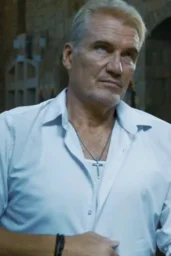Guillermo del Toro just turned Frankenstein into a family drama—and horror purists are already clutching their pitchforks.
At a Cannes panel with composer Alexandre Desplat, the Oscar-winning director dropped a genre bomb: Frankenstein won’t be a horror film. It’s not even trying. “I’m not doing a horror movie—ever,” del Toro said. Instead, he’s going full emotional exorcism. Think less lightning bolts, more daddy issues.
And no, this isn’t a bait-and-switch. This is the guy who made an amphibian love story win Best Picture. You should’ve seen this coming.
Why It’s Wild—and Why It Works
Let’s be clear: Del Toro saying “no horror” in a Frankenstein adaptation is like Quentin Tarantino swearing off monologues. Blasphemy, or evolution?
But here’s the kicker—he’s not wrong. The Frankenstein myth was always more existential crisis than creature feature. Mary Shelley’s 1818 novel wasn’t about jump scares—it was about alienation, grief, and a really screwed-up parental relationship. Del Toro’s just yanking it back to its gothic, gut-wrenching roots.
The cast? Outrageously stacked: Jacob Elordi, Oscar Isaac, Mia Goth. The budget? Netflix-fat. The stakes? High enough to make The Shape of Water look like a warm-up act. Del Toro’s banking on emotion, not entrails—and betting that this version of Frankenstein will feel more alive without a scream track.
This is Hereditary meets Pinocchio—if Ari Aster and Jiminy Cricket wrote a therapy script for Victor Frankenstein.
The Hidden Thread: Del Toro’s Creature Complex
This isn’t Guillermo’s first misunderstood monster rodeo. From Cronos to Pan’s Labyrinth to The Shape of Water, he’s made a career of turning creatures into metaphors for trauma. Frankenstein just completes the circle.
Composer Alexandre Desplat nailed it: “In The Shape of Water, the creature is frightening during the first 15 minutes—and then becomes a very moving character.” That arc? It’s the beating heart of Del Toro’s playbook. And this time, he’s stripping away the fear entirely, leaving only the feels.
Call it vulnerability horror—except, without the horror. Just the ache.
Final Shock: This Isn’t Just a Remake—It’s a Confession
Del Toro’s not adapting Shelley’s novel. He’s interrogating it. “I’m asking a question about being a father, being a son,” he said. That’s not a press blurb. That’s therapy with a $100M budget.
So now you decide:
Genius or genre betrayal? Emotional masterpiece or cinematic catfish?
Would you watch this or just rewatch Bride of Frankenstein on 2x speed while muttering “real cinema”?

